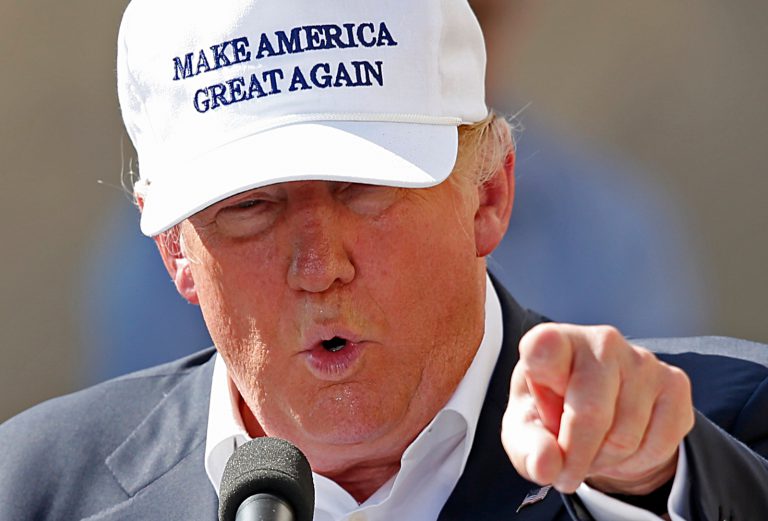
Now that the U.S. presidential election has been called in Donald Trump’s favor, you must be wondering: how will a Trump presidency affect the country’s higher education policy?
The National Association of Student Financial Aid Administrators (NASFAA) compiled the higher education policy positions of both presidential candidates, and the following are Trump’s views on various issues under the topic.
International students
Last year, Trump appeared to back allowing foreign students to remain in the U.S. for work, tweeting: “When foreigners attend our great colleges and want to stay in the U.S., they should not be thrown out of our country.”
When foreigners attend our great colleges & want to stay in the U.S., they should not be thrown out of our country.
— Donald J. Trump (@realDonaldTrump) August 18, 2015
However, in March, Trump appeared to make a U-turn, saying that he planned to get rid of the J-1 visa program if he becomes president, reported the Chicago Tribune. A J-1 visa is issued to research scholars, professors, and exchange visitors who participate in programs that promote cultural exchange, especially medical or business, within the U.S., according to the U.S. Department of State.
Scrapping this visa would impact over 300,000 people from 200 countries, many of whom are university students.
Muslim students or those from Muslim-majority countries may also be affected by Trump’s proposed “Muslim ban”, which would bar all Muslims from entering the country.
Tuition fees
Sam Clovis, the national co-chair and policy director of Trump’s campaign, has said that the Trump campaign would fight proposals for debt-free public higher education and tuition-free public higher education.
What would Trump do on higher ed? Here are some clues https://t.co/RJFxEX6DNe via @ScottJaschik
— HuffPost College (@HuffPostCollege) May 14, 2016
For institutions that fail to utilize their large endowments to reduce the cost of tuition, Trump said he would reconsider the tax-exempt status of such endowments. “If colleges refuse to take this responsibility seriously, they will be held accountable,” he said.
Trump’s general view of education is that education policies should not be decided by the federal government, preferring state-level control.
In one of his campaign ads, he said: “I’m a tremendous believer in education, but education has to be at a local level. We cannot have the bureaucrats in Washington telling you how to manage your child’s education.”
Clovis also said Trump would fight proposals for a state-federal partnership to make community college free for new high school graduates.
Student loans and debt repayment
Trump has said that he wanted to end government-funded student loans, suggesting that they should instead be given out by private banks.
Trump makes his most substantial comments yet on higher ed https://t.co/hyysjhFwhz #DonaldTrump #highered #election2016 pic.twitter.com/MRN1Upvrnx
— Inside Higher Ed (@insidehighered) October 14, 2016
He proposed that higher education institutions should help determine whether a student should be given a loan, based on factors such as estimated future earnings. Clovis commented that schools should think carefully before granting loans to liberal arts majors at non-elite institutions.
Trump also supported repayment plans based on income, where a borrower would make payments capped at 12 percent of their income. After 15 years of payments, the borrower would no longer have to pay the remaining debt.
Prior to the election, several surveys of international students’ views of the presidential candidates revealed a preference for Hillary Clinton, with around 60 percent saying that they would choose another country to study in should Trump win.
So will having Trump as president have a significant effect on international student numbers to the U.S.?
Only the next four years will tell.
Image via the Associated Press







